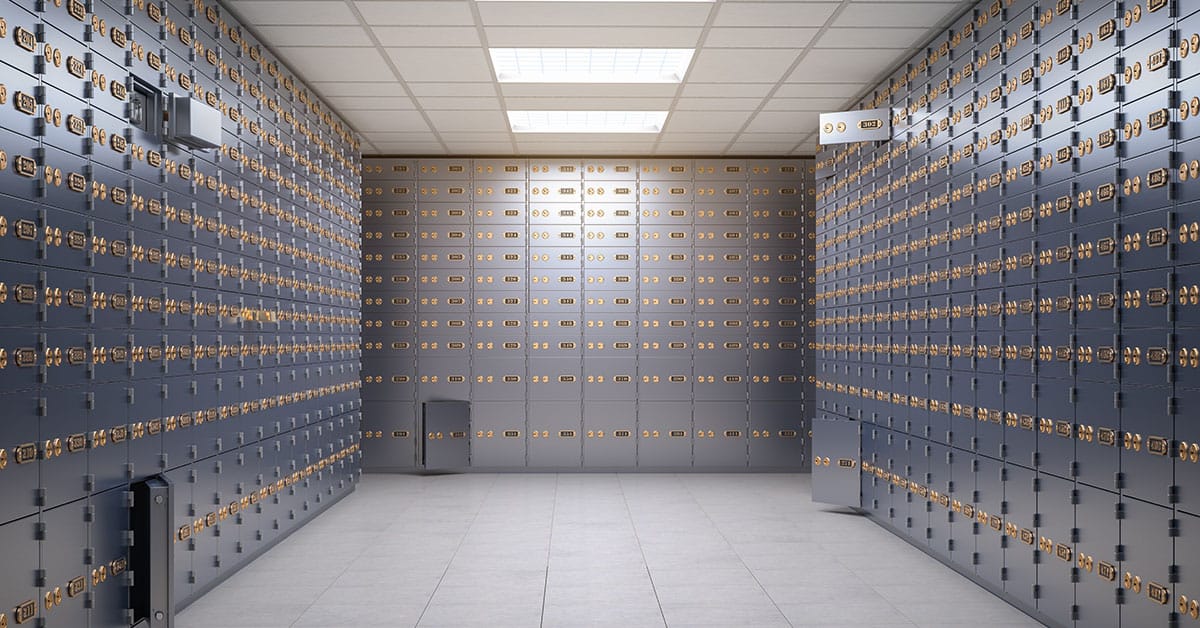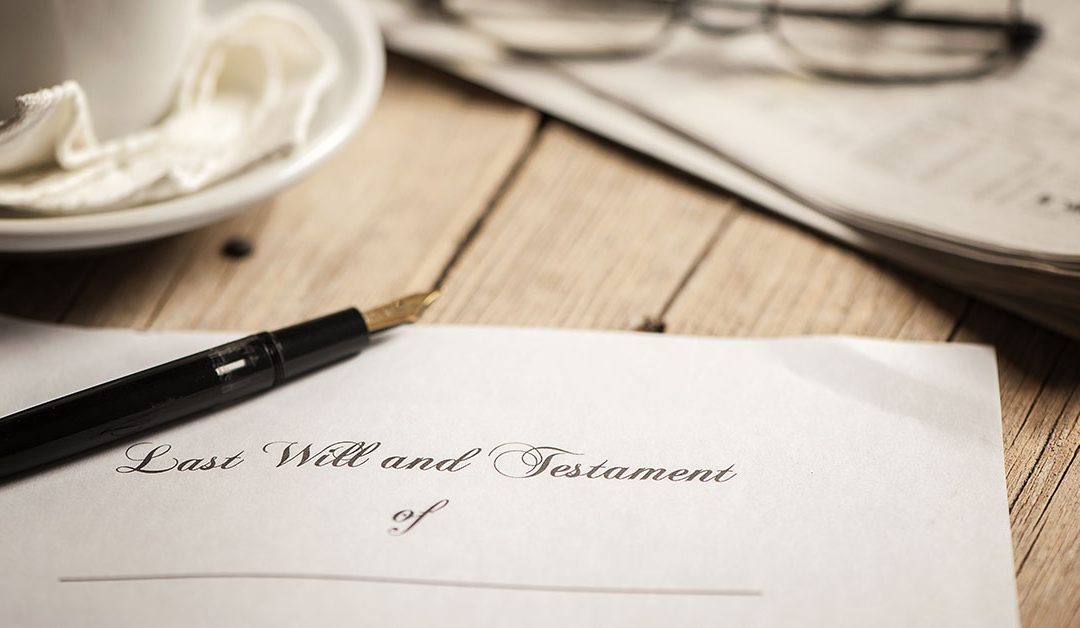When someone passes away and a client seeks our help in handling the final affairs of their loved one, one of the first questions we ask is whether the deceased person had a Will. So often, the answer is yes, and then the client shows us the Will. A lot of the time what they show us is a copy.
Then, we ask where the original is located. Many times, the person does not know where it is located, they do not know just how important the original Will is to the process, and they do not realize how time-consuming and difficult it can be when one does not have the original in hand.
When someone dies, the original, wet-ink Last Will and Testament are what gets shown to the Court, and the Court reviews it to make sure it meets all of the requirements to be probated (accepted as the Last Will).
Many times, people die and the only Will that can be found is a copy of the original Will. Other times, no Will can be found at all. Often, when a person undertakes to make a Will, copies are made of an original Will and distributed to family members, so a copy may be all that the family member has ever seen.
Frequently, when people are in my office having their Will done in an estate planning consultation, I will ask whether they have ever made a Will before. When the answer is yes, it is often followed by a concession that they have no idea where it is located.
Download the FREE Estate Planning Fundamentals Guide
Where Can You Look for a Will
When someone is opening an estate, they have an obligation to do their due diligence to try and locate a Will.
There are a few places that people often keep Wills:
First, people often keep their Wills with their other important papers, which might be a lockbox in the home, a filing cabinet, or a drawer.
Second, people may keep their Wills with a professional, like their attorney.
Third, people may keep their Wills at the courthouse. The court in each county in North Carolina will store Wills for free for safekeeping, so it is important to check in the counties where the deceased person lived to see if a Will may be on file.
Finally, while it is not an ideal place, people are prone to keep their Wills in a safe deposit box. This final location may prove to be challenging, as you may need to open an estate to access the safe deposit box, but you cannot open an estate without accessing the Will.
Getting to the Safe Deposit Box

If you believe there is a Will in a safe deposit box, but it has been made inaccessible as a result of your loved one’s death, there is a process of handling that. The court can send someone to the box to inventory the safe deposit box and retrieve the Will if it is found.
The court will charge a fee for that and depending on how busy the county courthouse is, it may take some time to coordinate that trip. Also, if you cannot find the key, you may have to coordinate and pay for a driller to come drill the box open.
Probating a Lost Will
The law presumes if the original Will cannot be found, then it was destroyed by the deceased person on purpose. This makes a copy useless without additional information.
Sometimes, however, you do have additional information, such as knowing the Will was destroyed in a house fire, knowing the original was destroyed by a third party, or something inadvertently happening to the Will after the person died.
In one case, a family member inadvertently left a deceased person’s Will on the kitchen table, and the family pet destroyed it.
If you can overcome the presumption of the intent to destroy, you can probate a lost will. You will have to petition the court to probate a lost will and explain the circumstances of its loss as well as provide evidence of what it said.
This could be in the form of a copy or upon the testimony of people that had read it. In one case, we had a mirror Will from the surviving spouse, and we were able to reconstruct the deceased person’s Will.
When probating a lost will or a copy of a will, it must be proven that the decedent did not intend to revoke the Will and did not destroy the Will. For example, if a Will is destroyed in a fire, you may be able to prove that the decedent did not intend for the Will to be destroyed and a copy can be probated. In cases such as these, it is very important to speak to someone with experience in order to ensure the process is handled correctly.
If no Will is found, whether it be an original or a copy, it can be presumed that a Will did not exist. An estate can still be opened without a Will. In this situation, it is a good idea to speak with an attorney to ensure that the estate is handled in a lawful manner. Identifying the heirs to an estate when someone dies and there is no Will can be complex and is often not intuitive.
Stolen Wills
If during your search you learn that a family member has stolen a Will and refuses to turn it over, you can petition the court to compel the production of the Will. The court has the ability to compel a person to appear and provide the Will to the court.
The probate court, just like most other courts, has contempt powers, which means in plain English that if they refuse to show up with the Will, the court is allowed to put them in jail. It is also a Class 1 misdemeanor to steal or, for any fraudulent purpose, destroy or conceal a Will.


